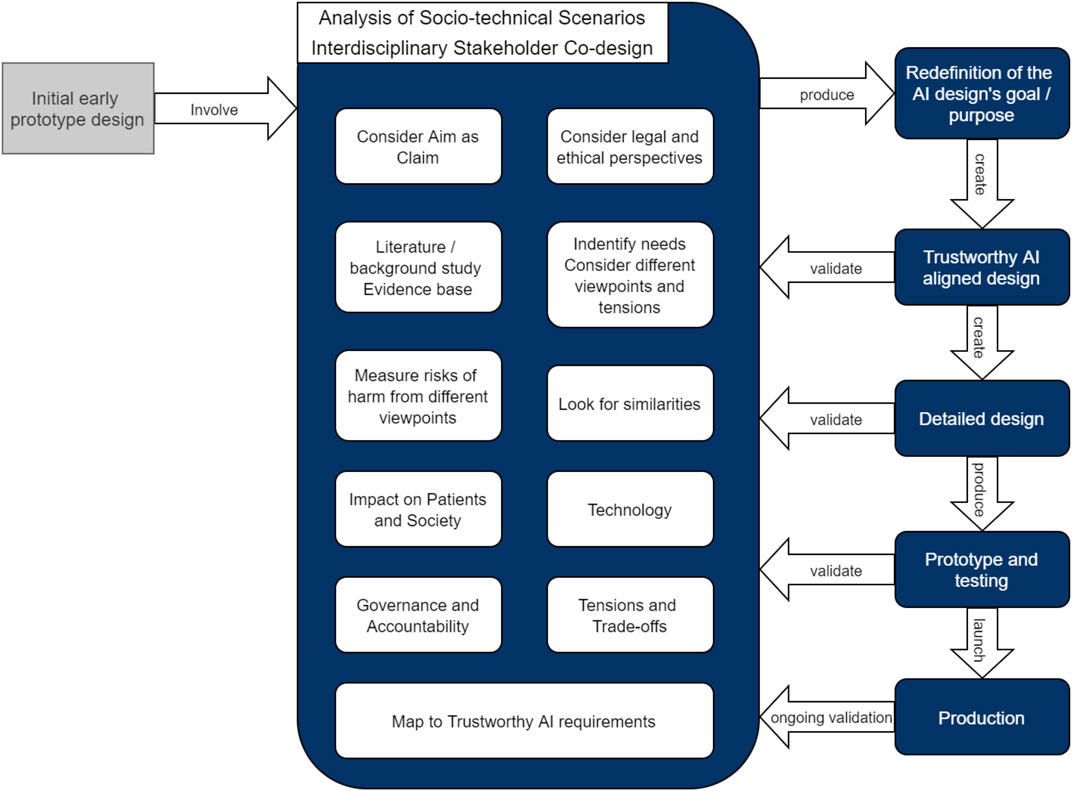

Cryptocurrency Legal Frameworks: Navigating the Regulatory Landscape
Introduction
The rapid rise of cryptocurrencies has prompted governments and regulatory bodies to establish legal frameworks for these digital assets. Understanding and navigating these frameworks is crucial for the cryptocurrency industry’s legitimacy and sustainability. In this article, we explore the evolving landscape of cryptocurrency legal frameworks and their impact on the digital asset ecosystem.
The Need for Regulation
As the popularity of cryptocurrencies has surged, so has the need for regulatory oversight. Governments worldwide recognize the potential risks associated with digital currencies, including fraud, money laundering, and market manipulation. Establishing clear legal frameworks becomes essential to protect investors, ensure market integrity, and foster innovation in the cryptocurrency space.
Diverse Regulatory Approaches
Across the globe, regulatory approaches to cryptocurrencies vary significantly. Some countries embrace digital currencies, providing a clear legal framework that encourages innovation and investment. Others remain cautious, opting for stringent regulations or outright bans. Understanding the diverse approaches is vital for businesses and individuals operating in the cryptocurrency space to navigate compliance effectively.
Securities Regulations and ICOs
One key aspect of cryptocurrency legal frameworks involves the treatment of Initial Coin Offerings (ICOs) under securities regulations. Regulators scrutinize ICOs to determine whether the tokens offered should be classified as securities. Compliance with securities laws is critical for ICO organizers to avoid legal complications and ensure a legitimate fundraising process.
AML and KYC Compliance
Anti-Money Laundering (AML) and Know Your Customer (KYC) regulations play a crucial role in shaping cryptocurrency legal frameworks. Exchanges and other cryptocurrency service providers are often required to implement robust AML and KYC procedures to prevent illicit activities and ensure the transparency of financial transactions.
Tax Implications
Cryptocurrency transactions can have significant tax implications, and governments are increasingly focusing on this aspect in their legal frameworks. Understanding how cryptocurrencies are taxed is essential for individuals and businesses engaging in cryptocurrency-related activities to avoid legal issues and financial penalties.
Consumer Protection
Cryptocurrency legal frameworks also aim to protect consumers from potential risks associated with digital assets. This includes ensuring transparency in transactions, preventing fraud, and providing mechanisms for dispute resolution. Clear regulations enhance consumer confidence in the cryptocurrency market.
Global Coordination and Challenges
The decentralized nature of cryptocurrencies poses challenges for regulators. Achieving global coordination on legal frameworks is complex, as each jurisdiction may have different priorities and approaches. Overcoming these challenges requires international collaboration to create cohesive regulations that address the borderless nature of digital assets.
Future Regulatory Trends
The cryptocurrency regulatory landscape is dynamic and continues to evolve. Future trends may include increased standardization, clearer guidelines on decentralized finance (DeFi), and a focus on fostering innovation while maintaining investor protection. Staying informed about these trends is crucial for businesses and individuals operating in the cryptocurrency ecosystem.
In the ever-changing world of cryptocurrency, staying abreast of the latest legal developments is paramount. To delve deeper into the nuances of Cryptocurrency legal frameworks, you can explore further resources at Cryptocurrency Legal Frameworks. This platform provides valuable insights and updates on regulatory changes, helping you navigate the complex landscape of cryptocurrency compliance.







